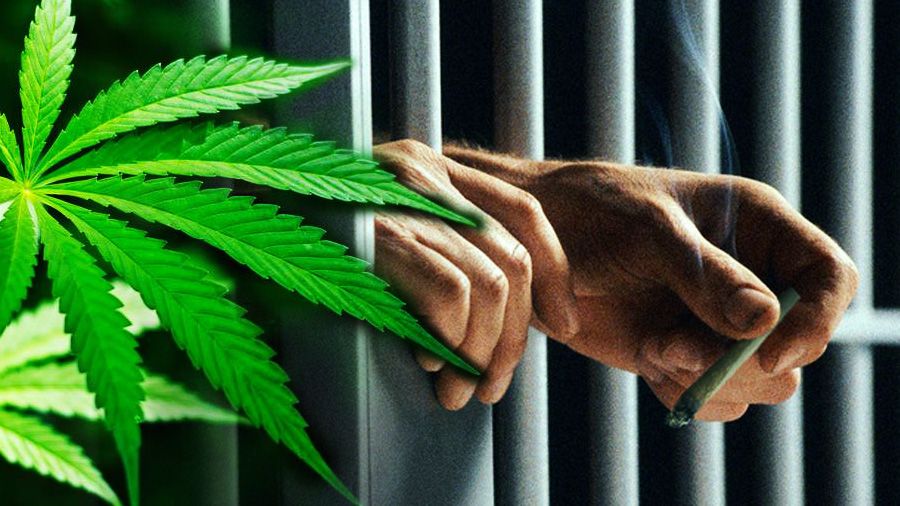The Misstep of Mixing Cannabis Incarceration with Other Issues

The tendency of politicians to conflate cannabis incarceration with unrelated issues is not only unhelpful to those imprisoned for cannabis-related offenses but also detrimental to the politicians themselves.
As President Biden’s term nears its conclusion, many of my friends serving sentences for cannabis offenses sit in federal prisons, holding onto hope for clemency. They pray that in the final hours of his presidency, Biden will wield his clemency powers to grant them the freedom they deserve.
I am profoundly grateful to my congresswoman, Ilhan Omar, for her unwavering commitment to this cause. She recognizes the glaring injustice of a system where people profit billions of dollars from cannabis while others languish in prison for the same activity. As an immigrant, Ilhan brings a fresh, objective perspective to the issue. She sees the absurdity of these inequities and fights for the release of cannabis inmates with genuine conviction. If clemency is granted, I have no doubt her advocacy will have played a vital role.
Yet, I can’t shake the haunting memory of my friend Edwin Rubis, a Spanish-American citizen who has endured 27 years of imprisonment for cannabis. Edwin was betrayed by the leader of the marijuana conspiracy he was charged in, yet he received a harsher sentence than the informant. He shared with me during a recent phone call his disillusionment after watching President Obama grant clemency to over 1,700 individuals—his name, however, was never called.
How did this happen? I believe part of the issue lies in the political inability to stay focused on cannabis incarceration as a standalone matter. Instead, it is often conflated with broader issues, muddying the waters and hindering justice for cannabis inmates.
I speak from experience. At 21, I was caught with 700 pounds of cannabis and sentenced to 135 months in federal prison. This was in 2004 when the legal cannabis industry was still in its infancy. During my sentencing, I pointed out the irony of marijuana being sold legally in California, but the judge ultimately dismissed the argument. I made my choices, and I served eight years behind bars.
Fast forward to 2024, and cannabis is now a $20.7 billion industry in America. My home state of Minnesota recently legalized cannabis, allowing me to transition to the legal side of the business. Yet, while I can participate in this booming industry, many of my friends remain imprisoned for doing what is now considered legal.
This brings me to a critical point: politicians often conflate cannabis incarceration with issues like death row cases. While clemency is indeed a powerful tool for justice, lumping cannabis offenders with individuals convicted of heinous crimes does more harm than good. For instance, there is no comparison between someone who smuggled cannabis and a convicted murderer or terrorist.
Cannabis incarceration is a distinct issue that demands a focused solution. By conflating it with unrelated matters, politicians risk undermining their own credibility and prolonging the suffering of those like Edwin Rubis, who continue to pay an unjust price for a crime that no longer aligns with current societal values.
It’s time to fix this. Clemency should be used to right the wrongs of cannabis prohibition without distraction. Justice for cannabis inmates cannot wait.